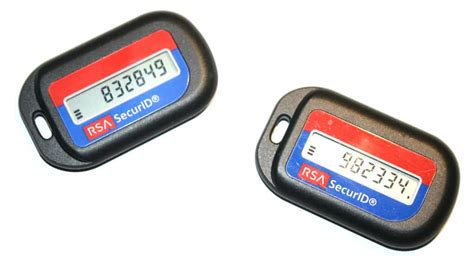Zarathustra[H]
Extremely [H]
- Joined
- Oct 29, 2000
- Messages
- 38,924
Hey, has anyone figured this out?
I have never run into anything called an "authenticator app" before, but all of a sudden SAP Concur is forcing this on me.
I'm not about to install some random app on my personal phone.
Has anyone figured out a way to get their 2-factor authentication to work without using a cellphone app?
Options are to either scan a QR code (which I will not be doing) or to set up manually with a key, but there are absolutely no instructions as to what this key is or what I can do with it.
Anyone know of any non-phone app options here?
It's absolutely ridiculous that they don't offer an SMS or Phonecall or even an email option.
Are there any authenticator apps that are trustworthy that will run on a PC?
I'd appreciate any suggestions from anyone in the know!
I have never run into anything called an "authenticator app" before, but all of a sudden SAP Concur is forcing this on me.
I'm not about to install some random app on my personal phone.
Has anyone figured out a way to get their 2-factor authentication to work without using a cellphone app?
Options are to either scan a QR code (which I will not be doing) or to set up manually with a key, but there are absolutely no instructions as to what this key is or what I can do with it.
Anyone know of any non-phone app options here?
It's absolutely ridiculous that they don't offer an SMS or Phonecall or even an email option.
Are there any authenticator apps that are trustworthy that will run on a PC?
I'd appreciate any suggestions from anyone in the know!
Last edited:
![[H]ard|Forum](/styles/hardforum/xenforo/logo_dark.png)
